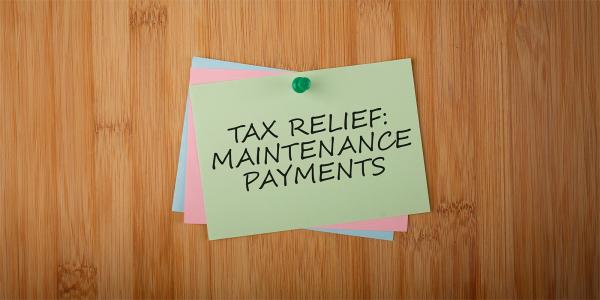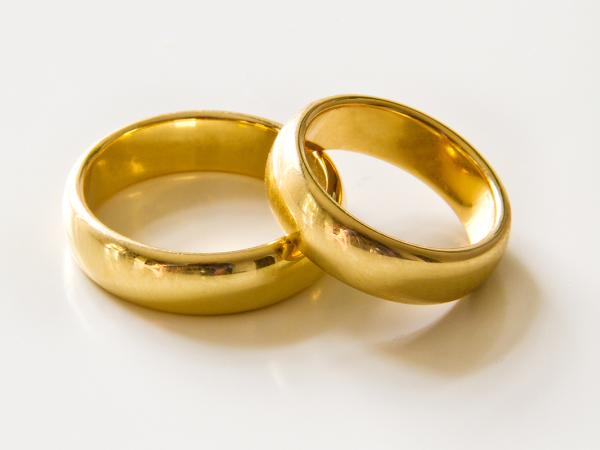Tax relief for maintenance payments
Maintenance payments relief gives you an amount (known as a tax credit or tax reducer) that can reduce the amount of income tax you pay. It is only available where either you, or your ex-spouse or civil partner were born before 6 April 1935.

Content on this page:
Tax relief for maintenance payments
Maintenance payments relief does not reduce the amount of income on which you pay tax. It is used to calculate an amount to reduce your tax bill instead. The relief is being phased out.
Maintenance payments relief works by deducting 10% of the relief from the tax due on your taxable income.
For 2024/25 the maximum relief is £4,280 (this is the same as the minimum married couple’s allowance for the year). This means you get a maximum deduction of £428 from your tax liability.
If your maintenance payments are lower than £4,280, your deduction is 10% of the amount of maintenance you pay.
Note that this tax reducer cannot be refunded to you even if you have no tax liability.
Eligibility
You are only entitled to maintenance payments relief if you meet all of the following conditions:
- You are separated or divorced or your civil partnership has been dissolved.
- You, or your ex-spouse or former civil partner, were born before 6 April 1935.
- You are making maintenance payments by Court Order.
- The maintenance payments are for the benefit of your ex-spouse or former civil partner or for your children under the age of 21.
- Your ex-spouse or former civil partner is not remarried or in a new civil partnership.
Changes in marriage or civil partnership status
Separation may mean you become entitled to maintenance payments relief.
Full maintenance payments relief is available in the year of separation.
Maintenance payments relief is not available after your ex-spouse or former civil partner remarries or registers a new civil partnership.
For maintenance payments relief purposes, you are treated as living with your spouse or civil partner unless you are separated:
- under an order of a Court, or
- by a formal deed of separation executed under seal, except in Scotland, where the deed should be witnessed, or
- in such circumstances that the separation is likely to be permanent.
There is further information on the tax effects of separation in the capital gains tax section.
Circumstances beyond your control
HMRC will treat you as living together if you are separated due to circumstances beyond your control – for example, if one of you is taken into a nursing home or hospitalised long term.



